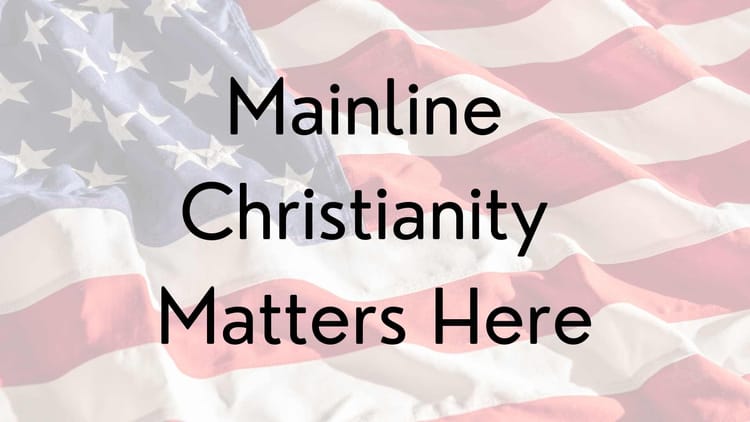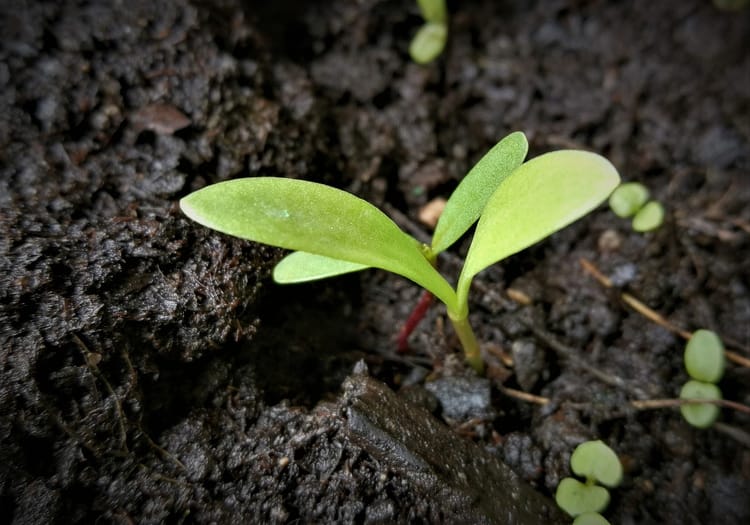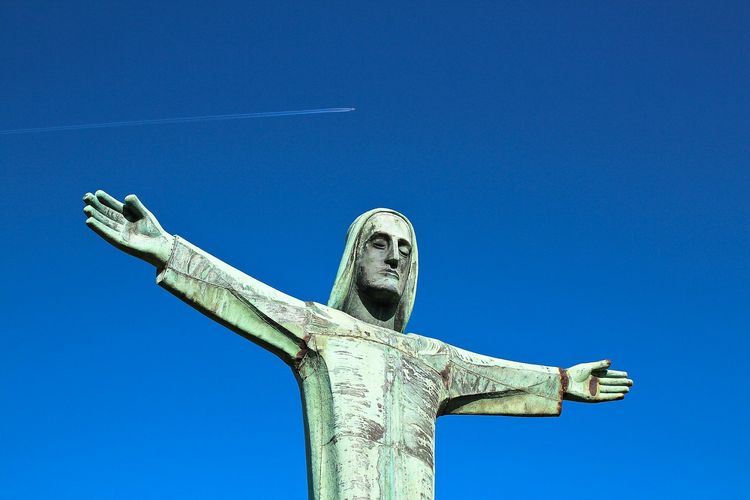Murder in Charleston: The Episcopal Church Must Respond

I could say I am still shaken from the emotional impact of the shooting in Charleston on Thursday.
That would be true, but it would not be the whole truth.
The rest of the truth is that I am still reeling from the emotional impact of standing up to lead a multiracial congregation in worship ten minutes after I heard the news about the Charleston shooting.
My feelings are as nothing compared to the coldblooded murder of these saints of God:
The Rev. Clementa Pinckney
Cynthia Hurd
The Rev. Sharonda Coleman-Singleton
Tywanza Sanders
Ethel Lance
Susie Jackson
The Rev. Depayne Middleton Doctor
The Rev. Daniel Simmons
Myra Thompson
I pray they rest in peace and rise in glory. I pray comfort and healing for all who mourn. I pray justice for their killer because – and this is sin – I do not yet have it in my heart to forgive.
As I say, my feelings are as nothing compared to the brutal, violent loss of their lives.
ButI have learned through hard experience that denying my feelings because they are as nothing compared to the horror of others leads me nowhere good. So I am bold to say:
I am still reeling from the emotional impact of standing up to lead that Thursday morning liturgy.
This past week, I was chaplain at Wake Forest’s Food, Faith & Religious Leadership Intensive.
And here’s the thing about food ministry: everybody has to eat, no matter their skin color. In the African-American community, especially in North Carolina where the conference is held, health ministries are a key strategy of the African American church. Church gardens and nutrition classes help heal the wounds of structural racism and poverty. (Here’s a particularly awesome example.)
Faith based food ministry gatherings done right draw a multi-hued crowd.
Pre Rome pic of Re:Generate Fellows who are traveling with @greenfaithworld @ourvoices @kellymoltzen #FFRLI pic.twitter.com/PjypLffK3o
— Joy Williams (@Joy4health) June 19, 2015
I was chaplain to that multi-hued crowd on Thursday morning. Most of us learned of the tragedy just before worship. Which meant I had to find some words – really fast – that would honor the dead and help the living.
When I first heard the news I was so shocked I didn’t even know my own feelings.
Then I realized: I was ashamed of myself.
I am a white person, a person of privilege. In the majority of the people in power in my country. And so I belong to the people who have not yet managed to figure out a way to stop the senseless and brutal murder of African Americans at the hands of the state and even in church. Not to mention the disparities in health and poverty between African and European Americans.
Not only have I not managed to figure out how to bring more justice to our broken world, I have not even made these questions high enough priorities in my life and ministry.
Literally the next second after I realized my own shame, I had to speak. But now I knew what I had to say.
I didn’t say much. All I remember is this:
I am ashamed to be European American this morning. And I can only imagine that my African American brothers and sisters are more afraid because of this news.
But shame and fear are the tools of the Devil. Christ calls us beyond shame and fear. Christ calls us to be a people where there is not Jew or Greek, male or female, black or white. (Galatians 3)
Then we heard the gospel lesson already planned for that day, the story of the young boy who offers his five loaves and two fish to Christ and sees them feed a crowd of thousands. And I said,
We may feel like what we have to offer is too small, that it can’t possibly make a difference against the brokenness and evil we see around us. It isn’t enough to change the world.
But if we offer what we have to Jesus, he will multiply it beyond anything we can imagine. And so we persist in offering our gifts to bring about that new heaven and new earth promised to us, where the slaughtered lamb reigns forever and ever. (Revelation 5)
There were things I wish I had said and done differently while I was chaplain, but I don’t wish to have spoken those words differently.
Because they are the gospel truth.
And where did I learn that gospel?
In the church. Through the church. Because of the church.
That’s why I both join hands with Mike Kinman in his call for an Exodus 3 moment and with my friends at Acts 8 and Episcopal Resurrection who call for a church made new.
We need the church to steward the gospel.
As a European American I desperately need the gospel to help me loosen my grasp on the privilege that comes with my skin color. Were it not for the promises I claim in faith I would lose sight of the hope of a world made new. I would lose strength to follow my Savior in giving my life for the sake of that world.
We cannot be content with a church half in love with easeful death, willing to go gently into that good night because it is too hard to figure out how to handle the challenges of the twenty-first century. Acts 8 and Exodus 3 are both the Bible. We need the church to live anew because church is about Jesus: Jesus who calls us out of racism and oppression into life and hope.
When Mike Kinman went out to the streets of Ferguson, he was following Jesus.
When I confessed my shame as sin and recommitted to faith, I was following Jesus.
And when we Episcopalians go to Salt Lake City next week, we had damn well better be following Jesus.
Because He is trustworthy to save and to serve.
Mike calls for an Exodus 3 moment, and leaves the specifics to us. I am merely an alternate and surely not the only person with specific ideas. But here are the five loaves and two fish that I offer:
1) We should fund the development of youth anti-racism Christian formation curricula at this General Convention.
I looked high and low for curricula and programs for my church’s youth group to gain a gospel-centered understanding of the sin of racism after Mike Brown was shot in Ferguson this year. I got nowhere and found nothing, so I made up our program myself and felt inadequate while I did.
We need a twenty-first century curriculum (including video for youth and an online community for practitioners to reflect together) for gospel-centered anti-racist youth ministry. It should empower youth to discover the way racism is experienced in their local communities and share information with their churches. It should enable youth to reflect on the call of the gospel to empty ourselves and discover that through serving others we gain the life of Christ.
If it exists already, tell me about it and I will publicize it on this blog and make apology. All I know is, I couldn’t find it.
2) We should instruct every diocese to include anti-racism resources on their website at this General Convention.
In the process of seeking this curriculum I heard through a Christian Reformed Church that the Episcopal Church had developed a groundbreaking adult education anti-racism curriculum: Seeing the Face of God in Each Other. Why did I have to learn about this from the Christian Reformed Church? Every diocese of the Episcopal Church should include information about anti-racism training and this manual in their resources page.
3) We should fund the participation of a delegation from the Episcopal Church to participate in the meeting called by the AME Church.
We need to accept the call of the African Methodist Episcopal Church to “face the reality that race remains a problem in this nation.” They have announced: “In September the African Methodist Episcopal Church will be joining with our sister communions and other partners to constrain this nation to address the issue of race in this nation. Details will be announced next month.” We need to be partners at that table.
This delegation’s report to the whole church should include a (heavily moderated) interactive online gathering and/or a process for dioceses and regions to use to engage today’s issues of police brutality and racism. We don’t need just a written report or a “you listen I talk” online meeting. We need a way to take stock of our situation on the ground and a goad to get us in relationship with others.
4) We should clarify our structure of accountability so we can ensure a timely pastoral and prophetic response to violence.
We need to join with the United Methodist Church and other churches in condemning this attack. I have gotten over being personally ashamed and now I am angry and embarrassed that the Episcopal Church’s news site has, as of this writing, no mention of the Charleston shooting, no statement deploring the actions of the shooter, no call for prayer and action for racial reconciliation. I don’t know how to accomplish this (and maybe some of the resolutions regarding staff supervision will help?) but in a situation of this kind we need to be able to turn on a dime and get a statement out. I don’t doubt that we condemn this attack. I do doubt our efficacy as a church if – days after this horror! – we haven’t managed an official response.
[UPDATED: Bishops United Against Gun Violence has made an official response.]
[UPDATED AGAIN: the Union of Black Episcopalians has made an official response.]
[UPDATED 6/20, 2:30 PM: the Episcopal Church has made a statement here which is not yet reflected on the Episcopal News Service site.]
[UPDATED 6/20 10:00 PM: the Episcopal Peace Fellowship has a statement here. There is still no news story.]
We must remember: it is impossible for us to entirely lay aside the besetting sin of racism through our actions at this General Convention. But this is no excuse for inaction.
The most effective work to counter the sin of racism will happen at a local level. The most dangerous thing we could possibly do at General Convention is make a series of meaningless statements and go home, pretending we accomplished something.
No.
What this General Convention must do is provide a better way for faithful Episcopalians to follow Jesus into the neighborhood – the neighborhood of ALL God’s people – seeking to be His body living His words when he says,
He has anointed me to bring good news to the poor. He has sent me to proclaim release to the captives and recovery of sight to the blind, to let the oppressed go free, to proclaim the year of the Lord’s favor…
This scripture has been fulfilled in your hearing.
We need the church to keep telling this story. We need to steward this story for the future. Because the gospel changes lives.
I know: it changed mine.
So I offer to Christ these inadequate suggestions for action, these five loaves and two fish. This four point proposal. Trusting that others are also bringing out their loaves and fish from their own stores.
I offer to you, my brothers and sisters in Christ, my desire to move from shame to action. By acting for the resurrection of the church: the container for the gospel: the good news that Christ still acts to make the world new.
And I offer this prayer with gratitude to Pastor William H. Lamar IV, Metropolitan African Methodist Episcopal Church, who offered it first:
Ancient and Holy One, our illusion of security has been pierced again by bullets. Children are not safe in schools. Elders are not safe in convalescent homes. Worshipers are not safe in sanctuaries.
Our world needs a new narrative. This nation needs a new narrative. The myth of redemptive violence controls our politics, our economics, and our theology. War never results in peace. Acts of violence, whether perpetuated by nations or individuals, unleash demonic forces upon humankind. And the poorest among us suffer most.
The myth of redemptive violence is soaked in American soil like blood. The violence unleashed by imperialists and colonialists and slave traders marches on. We wrap this history in flags and speeches about freedom, but it is violence. To be free we must call it what it is.
This myth teaches lone gunmen that violence solves problems. Our history books, our television shows, our movies, our sermons, and our politics reinforce this lie. We must stop and ask why this happens so much in the United States. It happens because the myth of redemptive violence has colonized our imaginations.
The one who pulled the trigger in Mother Emanuel African Methodist Episcopal Church in Charleston, South Carolina, had a mind that was made in America.
Creation groans. Reveal your sons and daughters, those who will not rest until freedom and justice come. Amen.
Let us pray and act, because we steward that different story, a story that is stronger than the myth of redemptive violence.
A church renewed will tell that story.
We need an Acts 8 Moment and an Exodus 3 Moment at the same time and together.
See you in Salt Lake City.





Member discussion